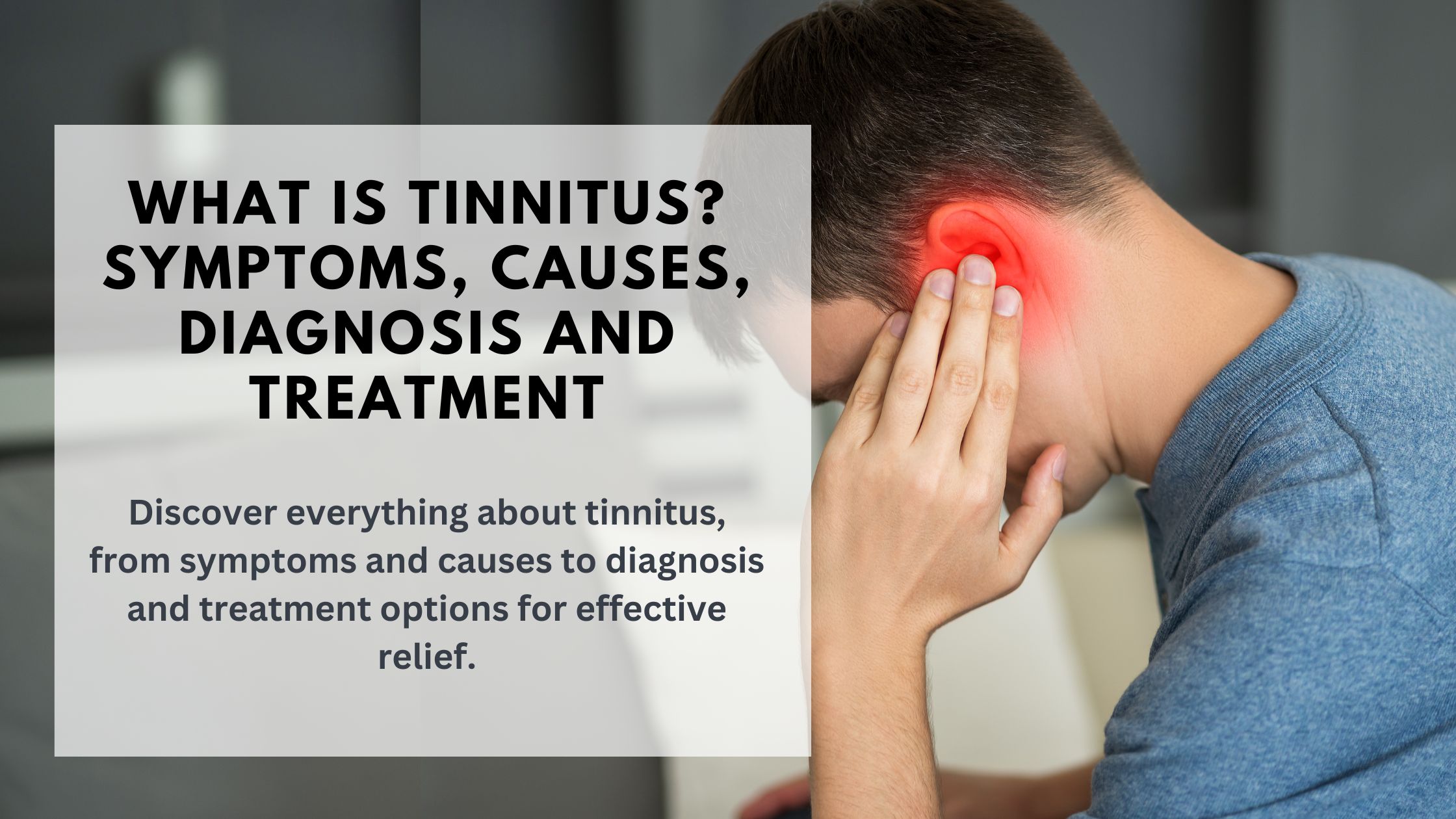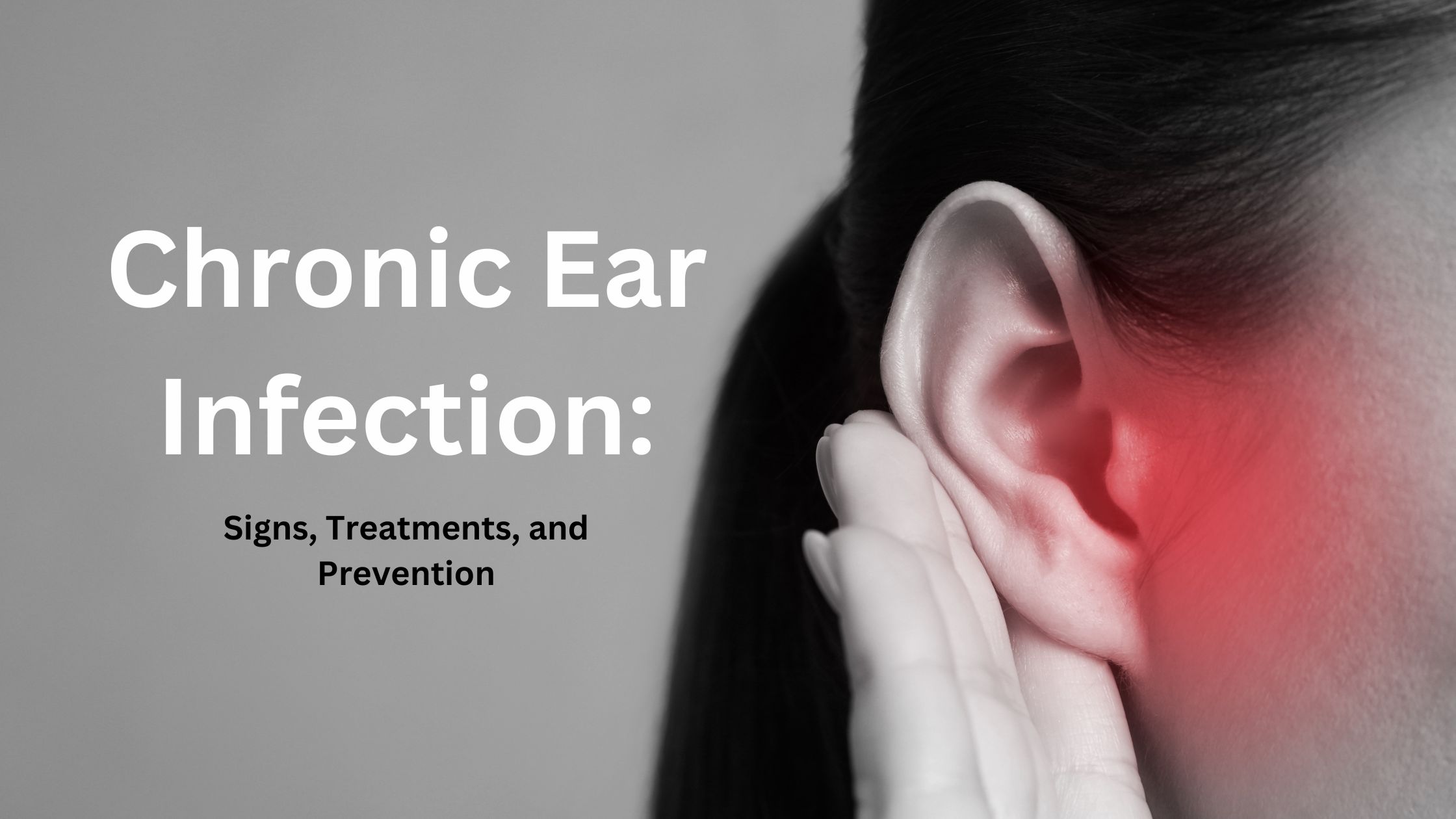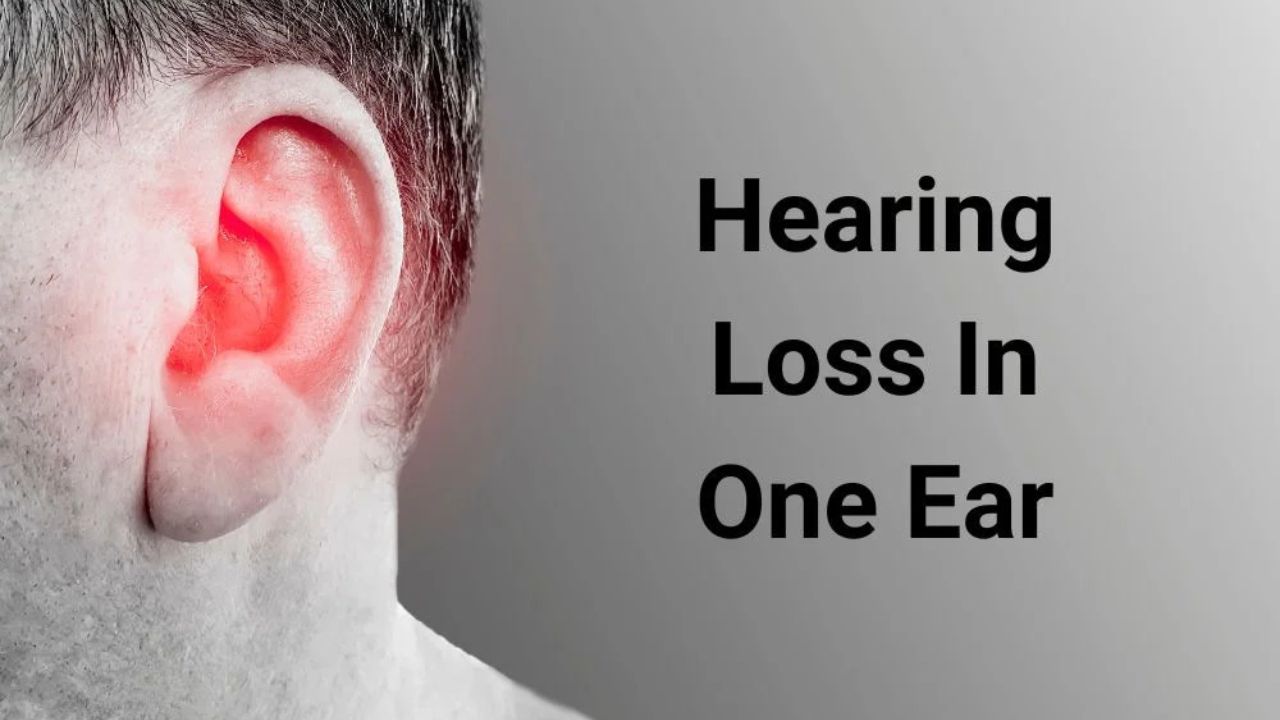Our senses of taste and smell assist us in detecting and cataloging a diverse range of tastes and fragrances. Both can also alert us when something is unsafe to ingest. And, paradoxically, what we experience as a disturbance in our ability to taste is frequently the result of abnormalities with our sense of smell.
Conditions Leading to the Loss of Taste and Smell
To begin, it’s critical to understand that your sense of taste and smell are fundamentally linked. We’ll go over this in more detail in the blog, but simply, if your sense of smell diminishes, you’ll notice that your food becomes bland or tasteless.
- Sinus Inflammation
Sinus infection, often known as sinusitis, can impair your sense of smell significantly.
The inflammation causes the sinuses to become clogged and swollen, which can result in nasal passage obstruction. As a result, the capacity to perceive scents is frequently hindered because odor molecules are unable to reach the olfactory (scent) receptors situated at the top of the nose.
- Nasal Congestion
The inflammation can cause the mucus membranes that line the nasal passages to create extra mucus, which can increase the loss of taste and smell associated with flu.
Sinusitis can even cause a complete loss of smell in some people. If sinus irritation is detected, it is critical to get medical assistance from one of our ear, nose, and throat experts in Udaipur, as quick treatment can help ease symptoms and restore normal olfactory (scent) function.
- Viral Infections, Cold & Flu
If you’ve ever had a cold, you’re probably familiar with a congested nose that makes it difficult to smell. Both the common cold and influenza can produce transitory anosmia, or the inability to distinguish scents. Among the symptoms related to COVID-19, scientists have discovered a loss of taste and smell.
“Viruses may harm the cells that perceive odors and cause inflammation in your nose, which restricts airflow to smell receptors,” explains Dr. Joshi, the Best ENT Doctor In Udaipur, at Joshi ENT clinic.
- Dehydration
It is critical to remain hydrated when suffering from the illness. However, not drinking enough fluids might impair your sense of taste. Dehydration can cause your mouth and tongue to feel dry, impairing your ability to taste. This is one of the most ignored causes of flu-related loss of taste and smell.
When you are dehydrated, your body generates less saliva, which causes your mouth to feel dry and reduces your ability to taste food correctly. Furthermore, dehydration can cause mucus in the nose to thicken up, making it tougher for odor molecules to reach the olfactory receptors.
- Side Effects of Medicines
Cold and flu drugs can occasionally cause a loss of taste or smell when combined with the virus because they dry up the nasal passages and mucous membranes.
Furthermore, some drugs, particularly those containing some older antihistamines, might impair the capacity of the nose’s olfactory receptors to identify and respond to odor molecules, leading to a temporary loss of smell.
While the effects of these medications are usually transient and disappear once the medication is stopped, it is important to contact us if you notice any persistent or significant changes in your sense of taste or smell.
How to Regain Loss of Taste and Smell?
An ENT expert, also known as an otolaryngologist, is critical in detecting and treating diseases that might cause a loss of taste and smell. If you’ve lost these senses, he are some of the best remedies for loss of taste and smell performed by Ent surgeon in Udaipur:
- Evaluation and Diagnosis: To uncover any underlying concerns, the ENT expert will perform a thorough examination of your ears, nose, and throat.
- Identifying Underlying Causes: An ENT specialist can detect and treat infections, as well as assess and prescribe suitable treatment alternatives.
- Treatment Options: To treat infections, inflammation, or nasal polyps, an ENT specialist may give antibiotics, antifungal medicines, or corticosteroids. Surgical techniques may be advised in situations when structural concerns are to blame for the loss.
- Rehabilitation: To improve your sense of smell and taste, ENT experts may offer smell and taste training activities or guidance on avoiding cigarette smoke or irritants.
- Management of Chronic Conditions: To avoid further loss of taste and smell, chronic disorders such as allergies, chronic sinusitis, or nasal polyposis may necessitate continuing therapy and monitoring by an ENT expert.
- Patient Education: ENT physicians also educate patients on the need of maintain excellent nasal hygiene and general health to avoid future problems with taste and smell.
Anosmia is the medical word for losing your sense of smell. If you have a sudden or prolonged loss of taste or smell, you should see an ENT specialist in Udaipur right away since they can correctly diagnose the underlying reason and provide suitable treatment choices. Keep in mind that not all instances may be completely reversed, but many people can restore at least some of their lost sense of taste and smell with timely and adequate care.
Visit best ENT doctor in Udaipur, Dr. Sushant Joshi is a highly experienced and skilled doctor who will guide you to cure loss of taste and smell with flu in the best way possible.
Also Read: Vocal Wellness: 6 Ways to prevent vocal disorders

















